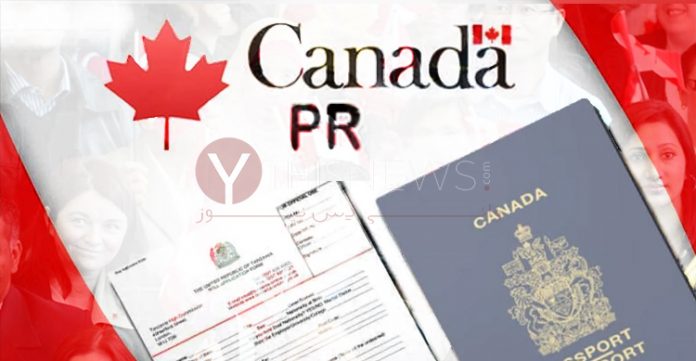With the economy and labor market hitting its worst due to the coronavirus pandemic, Canada has announced its plans of welcoming over 1.2 million immigrants in a span of three years, 2021, 2022, and 2023.
Marco Mendicino, the Canada Federal Immigration Minister shared the blueprint of the ideas on Friday that aims to bring in 401,000 new immigrants for permanent residency in 2021, more 411,000 in 2022 with 2023 allowing another 421,000 in the country.
As the economy has sunken and there is an urgent need to fill the spaces created in the employment sector, Mr. Mendicino said, “Immigration is the way to get there.”
He also drew out the target figures for the country’s way to boost its economy prior to making the statement to the reporters. The federal minister also said, “Before the pandemic, our government’s goal to drive the economy forward through immigration was ambitious. Now it’s simply vital.”
Through a tweet, Robert Falconer, a refugee and immigration policy researcher at the University Of Calgary School Of Public Policy, said that if the government manages to reach its targets, the consecutive next three years will be “the highest years on record since 1911”.
Citing a detailed version of the goals put forth by the government, the notice says Ottawa requires the entry of 232,500 new arrivals from the economic class along with 103,500 people belonging to the families of those living in Canada already, another 59,500 refugees and the rest of the protected person group members, with 5,500 other people too who will be welcomed on humanitarian grounds.
The world has since long considered Canada’s immigration policy as a model to look up to for its ways of allowing skilled and professional workers, refugees, and others into its borders for joining their families present in the nation.
However, as the global problem of covid-19 rose in March 2020, the country sealed itself from entry by the majority of the immigrants, Reuters reported the settlement of 128,425 till August, which was half of the aim (341,000) set by Canada for this year.
The pandemic has also brought the nation into the dock for its long-due settlement of inequalities faced by immigrants. Major industries like farming, healthcare, and food processing depend on migrants for the workforce. These workers are put on the verge of infections as they continuously work in poor conditions along with the added risk of abuse.
Efforts have been put in for many months to furnish permanent immigration status to the workers who are working on the frontline, allowing others to stay safe at home.
In the first quarter of the year, the federal government put forth its plans of giving the PR to the asylum seekers currently giving their services in some healthcare sectors.
According to certain estimations, the number of workers who will be allowed for the status falls around 1,000. This is much lesser than the people who do not have the PR.
“Immigrants are critical to our healthcare sector and represent one in four working in our hospitals and long-term care homes,” Mendicino said on Friday.
“Whether they’ve been taking care of our most vulnerable, or putting food on our tables, newcomers have played an outsized role in our response to COVID-19.”
Following the news of the issuance of PR, the Migrant Workers Alliance for Change demanded a “single-tier immigration system” to allow the status to be given to all migrant workers.
Many activists of Canada have shared their voices for the same and called November 1st the national day of action.
“All migrants, refugees, and undocumented people in the country must be regularised and given full immigration status now without exception. All migrants arriving in the future must do so with full and permanent immigration status,” the groups’ open letter read.







